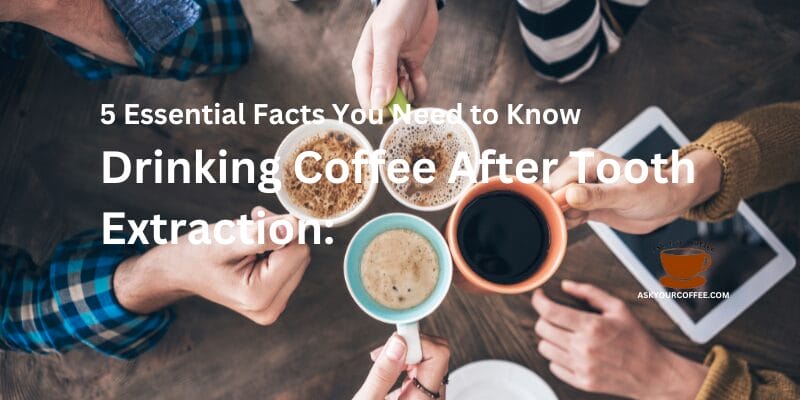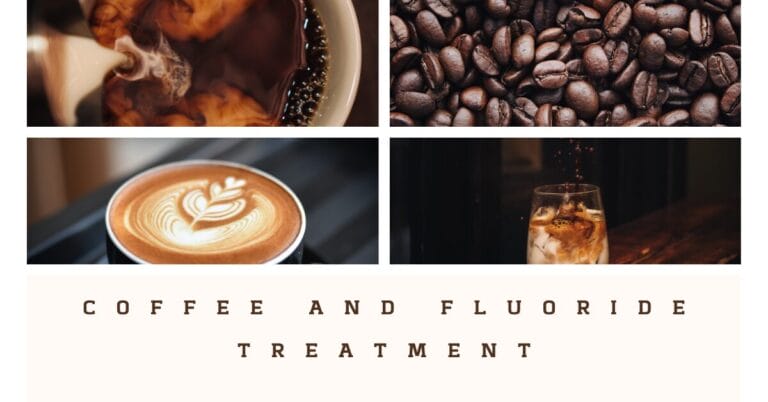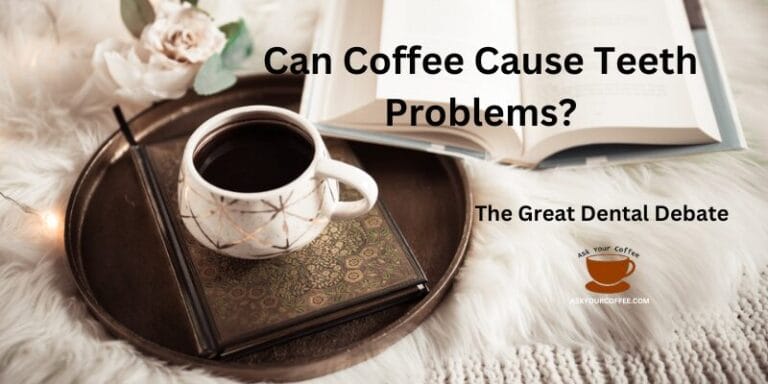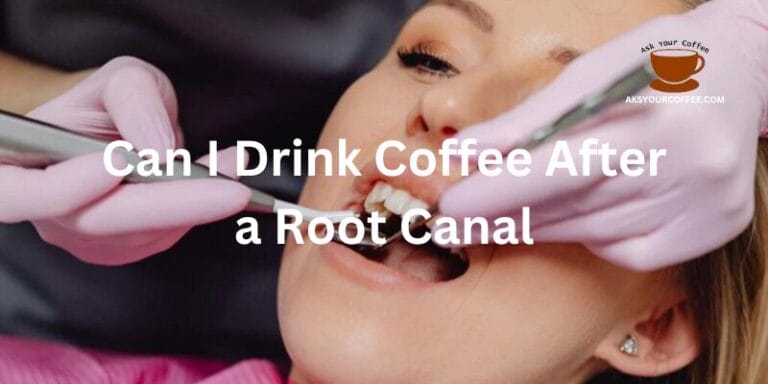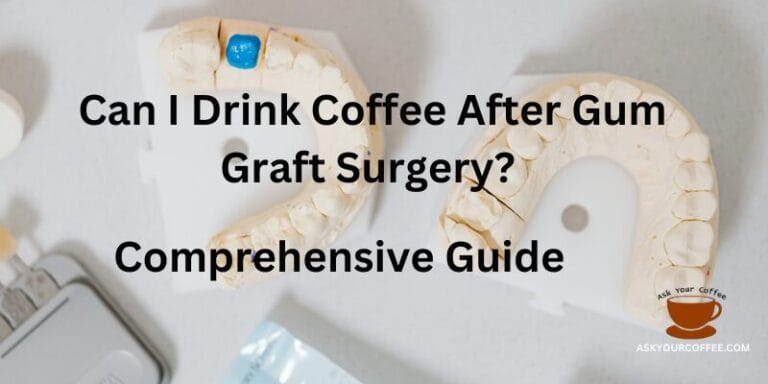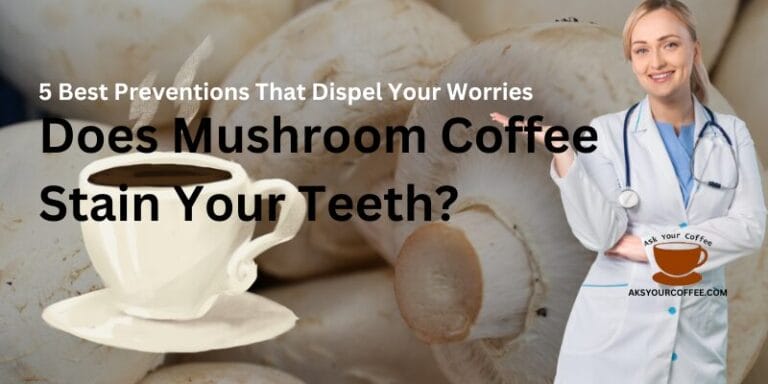Drinking Coffee After Tooth Extraction: 5 Essential Facts You Need to Know
Drinking coffee after tooth extraction might be tempting, especially if it’s part of your morning ritual. However, it’s important to consider how the heat and acidity may affect your healing. We’re here to guide you through the do’s and don’ts to ensure a smooth recovery.
Understanding the dos and don’ts following dental surgery not only ensures a speedy recovery but also helps avoid discomfort or complications. It’s common to wonder whether you can return to your regular coffee consumption after a tooth extraction. This guide aims to provide clarity on this subject.
Disclaimer: The information provided in this guide is for general educational purposes only and should not be considered professional medical advice. Always consult with a dental professional for personalized guidance.
Tooth Extraction Process.
Tooth extraction is a surgical procedure that requires careful aftercare for optimal healing. During the process, a dentist or oral surgeon removes a tooth due to various reasons like decay, disease, or trauma. The area is then sutured and requires time to heal properly.
For comprehensive aftercare tips, refer to the American Dental Association’s guidelines to prevent any complications and understand step-by-step care. Remember, recovery varies by individual, but following expert advice will set you on the path to a smooth recovery.
Can You Drink Coffee After Tooth Extraction?
Understanding the impact of coffee consumption on oral health, especially after a tooth extraction, is essential. While coffee itself isn’t the culprit for dental issues, it’s advisable to avoid it immediately following an extraction due to its temperature and acidity, which can disrupt the healing process.
For more dental health tips, check out Can Coffee Cuse Teeth Problems
Drinking Coffee After Tooth Extraction.
In short, it’s best to avoid drinking coffee after tooth extraction at least for the first 24 to 48 hours. The heat from the coffee can cause the blood clot that forms over your extraction site to dissolve or dislodge, leading to a painful condition known as dry socket.
Additionally, the caffeine in coffee can increase blood pressure and potentially cause more bleeding. If coffee is an essential part of your day, opt for iced coffee and avoid using a straw, as the suction can also disrupt the healing process.
For more information on managing your diet post-extraction, the Mayo Clinic provides helpful
Risks of Drinking Coffee After Extraction.
Drinking coffee after tooth extraction, especially hot coffee, poses several risks that can interfere with the healing process. Here are some potential issues you may face:
- Risk of Dry Socket: The heat from the coffee can cause the protective blood clot to dislodge, leading to a painful condition known as dry socket.
- Increased Bleeding: Caffeine’s effect on blood pressure could lead to excessive bleeding at the extraction site.
- Irritation and Inflammation: The acidity in coffee can irritate the gums around the extraction area and prolong inflammation.
For those who find coffee an indispensable part of their routine, consider these precautions outlined by Colgate, such as waiting until the coffee has cooled and avoiding additives like sugar or cream that may encourage bacterial growth.
Remember, prioritizing your healing will allow you to return to your favorite coffee routine sooner and without complications.
Food and Drinks After Your Tooth Extraction?
After your tooth extraction, it’s imperative to maintain a soft or liquid diet that does not irritate the surgery site. When it comes to drinking coffee after tooth extraction, the key is moderation and temperature:
- Wait for the Right Time: Hold off on hot coffee for at least 48 hours post-surgery to avoid the risks mentioned earlier.
- Cold Coffee as an Alternative: If you must have coffee, choose a cold brew or let your coffee cool down. It’s gentler on the affected area and less likely to disrupt the clot.
Here is a quick reference for the dangers of drinking coffee too soon after an extraction:
- Risk of Infection: Hot liquids can promote bacteria growth, leading to potential infections.
- Delayed Healing: The caffeine may slow down the healing process by constricting blood vessels.
For a safe post-extraction diet, the Cleveland Clinic offers a comprehensive guide on what to eat and drink after dental surgery. Remember to focus on keeping your nutrition high and your beverages cool to hasten recovery.
Alternative Beverages after Tooth Extraction.
While drinking coffee after tooth extraction should be approached with caution, there are still plenty of alternative beverages that can keep you hydrated and satisfied without risking your recovery. When choosing a drink, aim for options that are:
- Non-carbonated: Soda and other fizzy drinks can disturb the blood clot.
- Not too hot or cold: Extreme temperatures can cause discomfort.
- Non-acidic: Beverages with low acidity levels are less likely to irritate the extraction site.
- Caffeine-free: To avoid the potential increase in blood pressure and delay in the healing process.
Here are some safe and soothing options to consider:
- Lukewarm Herbal Teas: These are a comforting alternative and certain herbs like chamomile promote relaxation and may assist in the healing process.
- Milk or Milk Alternatives: Dairy or non-dairy milk provides essential nutrients and is gentle on sensitive areas. Remember to consume them at a moderate temperature.
- Water: Staying hydrated with water is crucial for recovery and overall health.
Always consult your oral surgeon or dentist for personalized advice, particularly when it comes to maintaining a balanced diet following any oral surgery. Check out resources from the Oral Health Foundation for more dietary suggestions post-tooth extraction. Remember, while recovering from dental surgery, avoiding complications should take precedence overindulging in drinking coffee after tooth extraction.
Tooth Extracton Aftercare.
The Bottom Line.
To conclude, drinking coffee after tooth extraction should be done with caution. While it’s clear that the ritual of sipping on a warm cup of coffee may be comforting, prioritizing the healing of your mouth must come first.
For more detailed guidelines and insights into managing your post-extraction care, including acceptable beverages, consult the comprehensive resources provided by the American Association of Oral and Maxillofacial Surgeons.
Always remember, steering clear of complications by being mindful of what you consume, including drinking coffee after tooth extraction, is integral to a swift and smooth recovery.
Medical Advice Disclaimer.
The information provided here is designed to support, not replace, the relationship that exists between a patient/site visitor and his/her existing physician.
Expert Quotes:
Dr. Sarah White, DDS states:
“While coffee is a beloved beverage, it’s crucial to understand the potential effects on your oral health, especially after a tooth extraction. Consulting with your dentist is the best way to ensure a smooth healing process.”
Dr. Michael Patel, Oral Surgeon, offers this advice:
“Caffeine can constrict blood vessels, which may affect healing. It’s advisable to avoid hot beverages and opt for cooler, softer alternatives during the initial recovery period.”
Dr. Emily Chen, Periodontist, cautions:
“The risk of developing a dry socket, a painful condition that can occur after a tooth extraction, is a primary concern when it comes to drinking coffee post-procedure. For the first few days, it’s best to err on the side of caution and choose non-caffeinated, lukewarm liquids.”
Remember to consult with your dentist or healthcare provider for specific recommendations. They know your situation best and can provide advice tailored to you. recommendations on what to eat and drink after dental procedures. Remember, prioritizing your healing is crucial, and delaying the gratification of Drinking Coffee After Tooth Extraction can lead to a speedier and more comfortable recovery.
FAQs on Drinking Coffee After Tooth Extraction.
How soon can you drink coffee after tooth extraction?
Coffee lovers may need a little patience here. It’s recommended to wait at least 48 hours before sipping on your usual brew. The heat and acidity of coffee could disrupt the healing process and cause discomfort.
How long after the dentist can I drink coffee?
Just like waiting to drink it after an extraction, it’s a good rule of thumb to give your mouth about 48 hours before enjoying coffee following any significant dental work. This helps ensure that you don’t interfere with any healing or protective measures in place.
What can you drink after tooth extraction?
Stick to cold or lukewarm drinks to avoid irritating the extraction site. Water is your best friend here, but you can also enjoy some fruit juices without citrus and cold or room-temperature tea as long as they’re not too sweet or acidic.
Can you drink tea after tooth extraction?
Yes, you can, but with a few caveats. Tea should be not too hot and not strongly brewed. Herbal varieties are often a good choice. However, avoid teas that are too acidic or contain lots of tannins, which may slow down the healing process.

